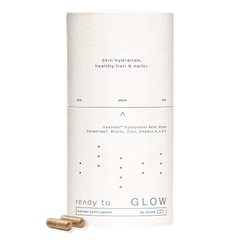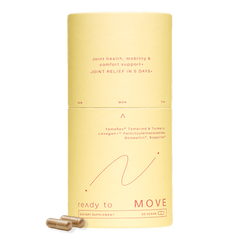Gratitude Journaling

In the hustle and bustle of the 21st century, stress has infiltrated into almost every aspect of our lives. Gratitude journaling is a conscious effort to cultivate gratitude as a daily habit.
In the hustle and bustle of the 21st century, stress has infiltrated into almost every aspect of our lives.
The demands of work, personal relationships, and the variety of challenges life throws at us can leave us feeling overwhelmed. Amidst the chaos, however, lies a simple yet profound tool for stress relief—gratitude journaling. This practice has gained popularity for its ability to shift our focus from stressors to positive aspects of life, fostering a mindset of gratitude that can have transformative effects on our well-being. Gratitude journaling involves regularly recording things you are thankful for, whether big or small, in a dedicated journal. It goes beyond a mere acknowledgment of positive experiences; it's a conscious effort to cultivate gratitude as a daily habit.
How Gratitude Impacts Stress:
Shift in Perspective: Gratitude journaling prompts individuals to shift their perspective from what's going wrong to what's going right in their lives. By focusing on positive aspects, the mind begins to reframe situations, reducing the perceived intensity of stressors. Neurological Benefits: Scientific studies have shown that practicing gratitude can have positive effects on the brain. It activates the brain regions associated with the feel-good neurotransmitter dopamine, contributing to a sense of pleasure and reward. This neurobiological response can counteract the effects of stress. Stress Coping Mechanism: Gratitude journaling serves as a proactive coping mechanism. Instead of dwelling on stressors, individuals engage in a constructive and positive activity, providing an outlet for self-reflection and emotional processing. Enhanced Emotional Well-Being: Regularly expressing gratitude has been linked to increased emotional well-being. It can reduce symptoms of depression and anxiety, common companions of chronic stress. Gratitude journaling provides a structured and intentional space for acknowledging positive emotions.
Practical Tips for Gratitude Journaling:
Consistency is Key: Make gratitude journaling a consistent part of your routine. Whether it's a daily practice or a few times a week, the key is regularity. Be Specific: Instead of generic statements, be specific about what you are grateful for. Detailing the reasons behind your gratitude enhances the emotional impact. Include Small Moments: Acknowledge the small joys and victories. It could be a beautiful sunrise, a kind gesture from a colleague, or a moment of personal accomplishment. Reflect on Challenges: Challenge yourself to find something positive in challenging situations. This can be a powerful way to reframe adversity and find lessons in difficult experiences. Gratitude journaling is a simple yet potent tool for stress relief. By incorporating this practice into our lives, we create a space to appreciate the positive aspects of our existence, fostering resilience in the face of stressors. The transformative power of gratitude lies not just in the words written but in the shift it brings to our mindset, paving the way for a more balanced and contented life.
Kate Ong
Kate is a student at the University of Pennsylvania studying Economics and English. She is originally from the Philippines and joined the Ready To team in 2023. She is passionate about transparency and ingredient traceability.
DATE
March 28, 2024THE CHAOS CALM
No products found in this collection.







